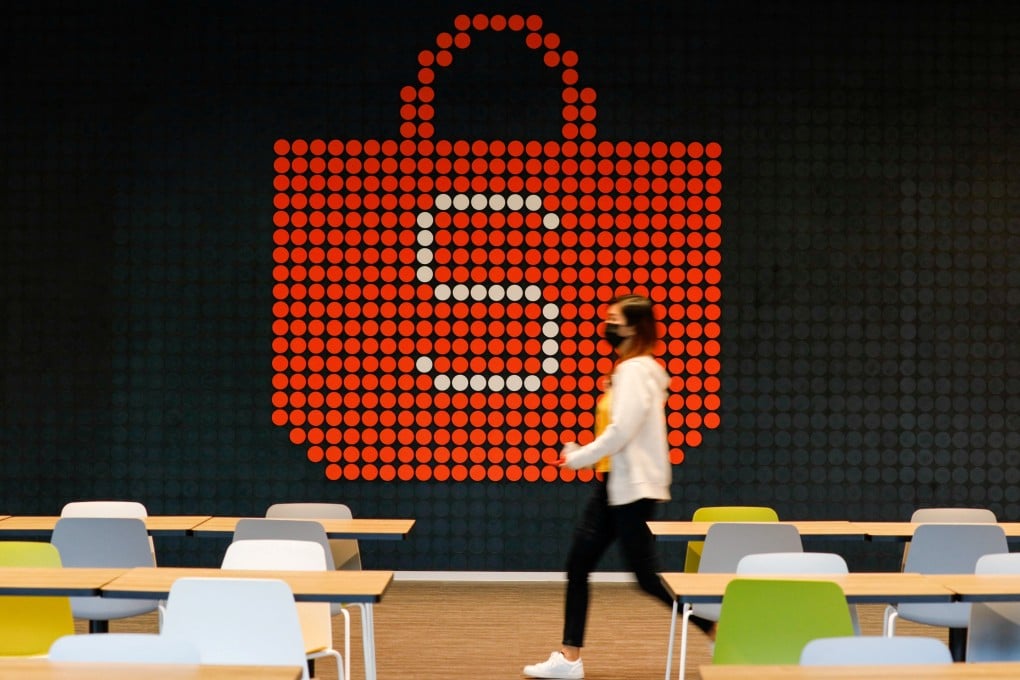Shopee’s exit from India after five months amid suspected China ties leaves sellers in the lurch
- Shopee’s announcement that it would leave India after just five months in the market has surprised buyers and sellers, who are left turning to Amazon
- The platform attributed the retreat to ‘market uncertainties’, but it comes after India banned the mobile game Garena Free Fire, also owned by Singapore’s Sea

For many Indian users and sellers on Shopee, Southeast Asia’s largest social e-commerce platform, the company’s announcement that it would be shutting down local operations came as a shock.
Mohd Ikram Ansari, a 19-year-old decorative hookah seller on Shopee who has stocked up for the platform’s “Mega Free Shipping Sale” promotion event on April 4, was so startled to see a closure notice on the company’s Instagram account on Monday that he initially thought it was an early April Fool’s joke.
The college student joined Shopee last December and has been making around 50,000 rupees (US$685) from the platform every month after tax, which accounts for about 35 per cent of his monthly income.
“Indian sellers [are suffering a] heavy loss,” he said, adding that he still has 200,000 rupees worth of seller payments on the app. Shopee has about 20,000 sellers in the country.
Many other sellers and consumers also inquired about refunds, orders and seller payments through social media. The company responded that it was “not able to disclose why Shopee India will be ceasing its operations”, adding that orders placed before Tuesday will still be fulfilled and support will still be available.